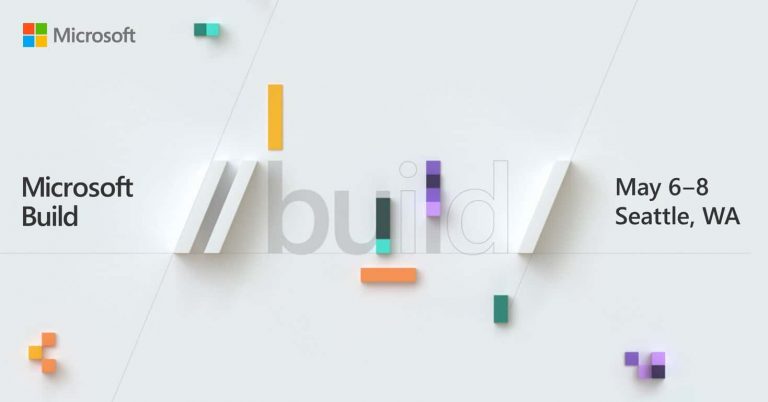The winds of change have arrived and the days of reporting solely on Windows and Office developments are becoming few and far between for Microsoft observers, journalists, and fans.
Over the past few years, Microsoft has seemingly been drawing developer attention away from what used to be its mainstay business products to investments in future endeavors and at this year’s Microsoft developer’s conference BUILD 2019, the company is full steam ahead with a cloud and open ecosystem focus and Windows in the rear view.
With over 6,000 attendees covering 200,000 square feet of conference area consisting of 2,600 customers and partners and 500 student-age-developers, Microsoft is taking the time this week to cover, among other things, Microsoft education Cloud ecosystem, Microsoft 365 Platform, AI Services, evolved developer toolkits, Power Apps, Blockchain technology and more.
At some point over the past 18 months, Microsoft has covered in great lengths the above list of technologies but will be putting an emphasis on how developers can use the tools to create cross-platform future-leaning economies at scale.
Other notable areas of interest for Microsoft developers this year appear to be adding convenience to the world of IoT with more Plug and Play modeling language and utilizing Azure IoT Edge integration with Kubernetes clusters to intelligently manage scale and spikes in demand.
Beyond just offering its own custom services and tools, Microsoft is also making a concerted effort to envelop OSS and an Open Ecosystem.
Microsoft has already stated its plans to open source its Q# compiler and quantum simulators as a way to make Quantum computing development more transparent and accessible. In addition to giving developers more access to quantum computing technologies, Microsoft is also planning to bring academic institutions that leverage OSS into the fold with its sharing of Q#.
As it is a developer conference, a focus on the evolution of developer tools is also on display with advancements in Visual Studios as its mixes subscriptions with GitHub Enterprise, adds more code support to its IntelliCode platform and Code Remote development extensions. Microsoft also hinted at .NET 5 arriving in 2020 with a .NET Core 3.0 preview 5 rolling out this month.

With much of the focus on how developers can create ecosystems around Microsoft’s new and updated technologies, the company has also set aside some time to discuss protection of these new tools as well as protecting democracies in which they thrive.
On the heels of the 2018 mid-term election and just a year out from the 2020 Presidential election, Microsoft is plunging itself into the arbiter role of election safeguard by offering campaigns and developers new tools to thwart attempts at election tampering.
A new ElectionGuard SDK should be rolling out to developers via open source channels as well as Microsoft CampaignGuard.
There will be much to cover in the comings days, but it seems Microsoft’s tangential focus on Windows continues to wane while the future of Azure, IoT, AI, and even blockchain are becoming bright stars in the company’s portfolio.






